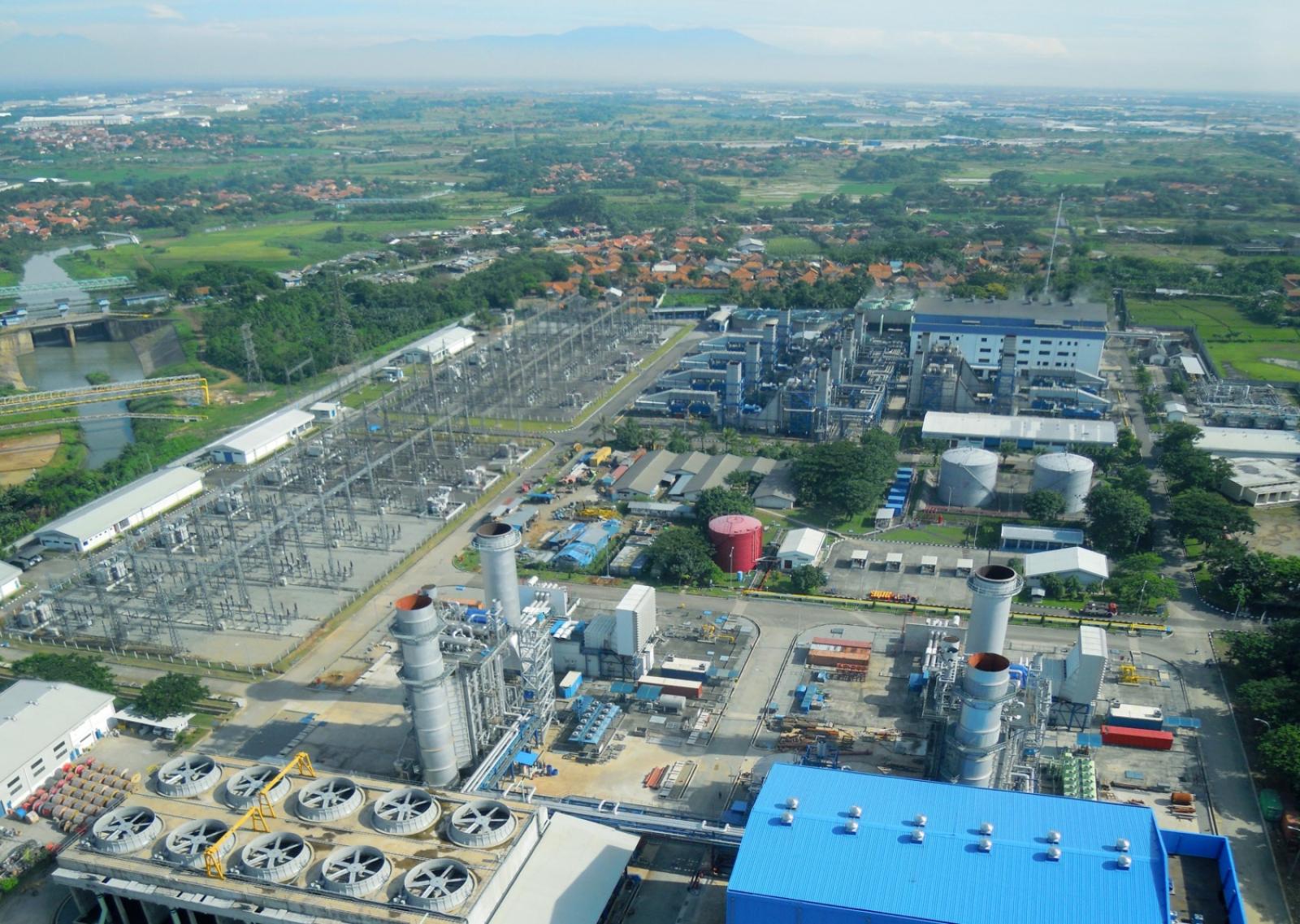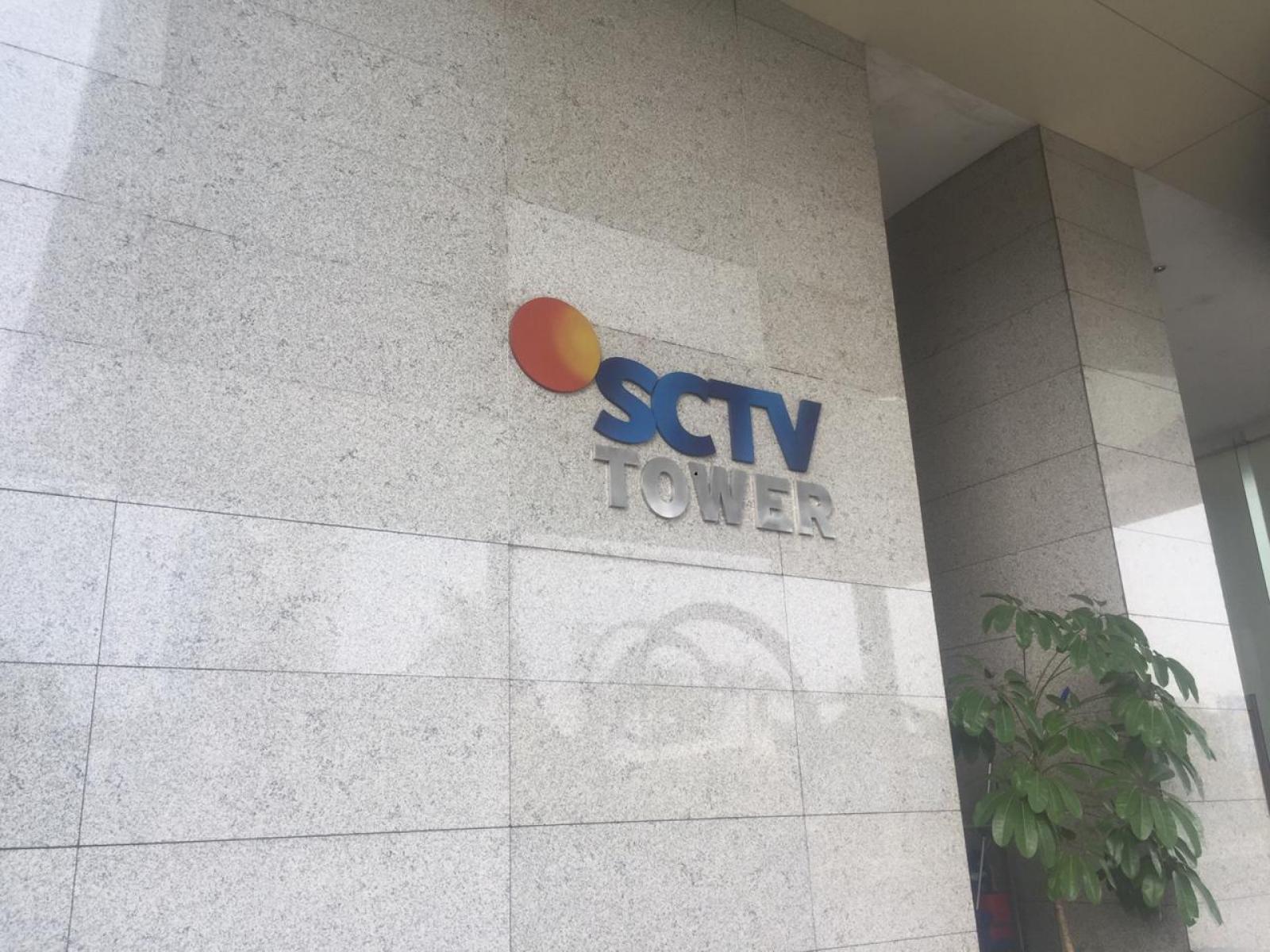Officers said that the dealer covered bags of narcotics “with plastic and paper” and used “double-sided tape” to attach “deliveries.”
The suspected dealer’s “dead drop” locations included “the railings of a one-room apartment block.”
Police spokespeople said the dealer also left drugs in “the inside of a communication terminal box,” as well as a “fire hose” and an “outdoor air conditioning unit.”
🔪 Hugo Hyungsoo Lee, CEO of South Korean crypto yield platform Haru Invest, was attacked with a knife during his ongoing fraud trial.#Haru #SouthKoreahttps://t.co/I5rz2pBV62
— Cryptonews.com (@ ) August 28, 2024
Police Sting
The investigators appear to have set up a sting operation to catch the suspected dealer. They explained that they “searched social media” for crypto-related slang terms.
They then used a chat app (presumably Telegram) to contact the suspect. They then used crypto to pay for drugs, as part of a bid to discover the suspect’s identity.
This eventually allowed them to find not only the suspect, but also his “drug den.” Officers said they confiscated 103.4g of the drug “hidden in a mountain in Gyeonggi Province.”
Police also said they had confiscated 83.35g of methamphetamine that the suspect had “hidden around” the city of Gwangju.
Officers said the drug haul had a street value of “approximately 620 million won (over $465,000).” They said the haul constituted “6,200 individual doses.”
The police said they were expanding their investigation to “identify the true nature of the drug distribution organization.”
Crypto to Blame for Drugs Epidemic, Officials Claim
Earlier this year, media outlets claimed that Telegram has become a “crypto-powered narcotics department store” for South Korean users.
1/4 Crypto encompasses all types of crime. 👏 We congratulate the 🚔 Korean National Police Agency (KNPA) for their success in arresting a criminal organization who set up a Telegram narcotics trafficking channel and distributed drugs from foreign countries to 🇰🇷 South Korea. pic. .com/1NpP3AJQfO
— Chainalysis (@chainalysis) September 10, 2024
And earlier this month, South Korean customs officials blamed “the spread of crypto” for an 18% rise in drug smuggling cases.
Customs service spokespeople said they seized 769kg worth of narcotics last year, up from 624kg in 2022.
Some have claimed that this is proof that the nation’s crypto-powered narcotics “epidemic” is continuing to worsen, in spite of police crackdowns.





